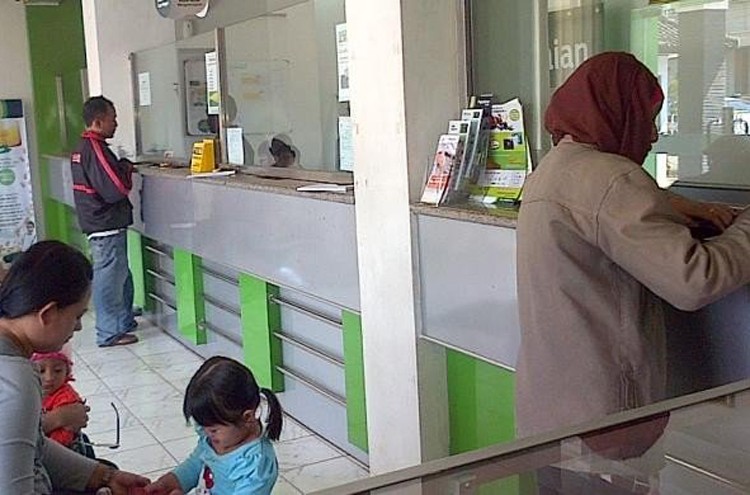Popular Reads
Top Results
Can't find what you're looking for?
View all search resultsPopular Reads
Top Results
Can't find what you're looking for?
View all search resultsPawnshop industry: Paving the way to an inclusive economy
The pawnshop industry's journey to becoming a robust market is driven by stronger capital and human resources, innovative products, prudential regulation and supervision, ecosystem and consumer protection.
Change text size
Gift Premium Articles
to Anyone
I
ndonesia’s pawn industry traces its origins back to 1746, when the Dutch East India Company (Vereenigde Oostindische Compagnie) established the Bank Van Leening in Batavia, offering credit through collateral-based lending. By the early 1800s, the Dutch colonial government formalized pawn operations under the pacht system – leasing pawn rights to private entities.
This system was briefly dismantled during British rule (1811–1816), which liberalized the sector by allowing individuals to open pawn businesses. However, the Dutch reinstated the pacht system upon their return, prompting concerns over exploitative lending practices. In response, the first state-owned pawnshop (Jawatan Pegadaian) was inaugurated in Sukabumi, West Java, in April 1901, marking a pivotal move to protect the public from predatory loans. The pawnshop is currently known as PT Pegadaian.
Indonesia’s pawnshop industry has undergone a significant transformation over the past decade. A major shift occurred in 2016 with the issuance of Financial Services Authority (OJK) Regulation No. 31/2016, which officially opened the sector for private pawn businesses to operate legally under supervision.
Prior to 2016, pawn activities were often informal, except for PT Pegadaian, and played a strategic role in providing inclusive financial services that empowered underserved communities.
The term “pergadaian” itself only began gaining traction post-2016, with earlier public familiarity centered around “pegadaian,” a term closely associated with PT Pegadaian. Since then, the Indonesian pawn industry has flourished, with over 200 licensed companies now operating under OJK oversight with more than 27 million customers.
These companies collectively manage more than 4,000 outlets across the archipelago, playing a vital role in enhancing financial inclusion by providing quick and accessible liquidity to those in need.
Despite regulatory advancements, unlicensed pawn operators remain active in various regions. While these services indeed meet community needs, their unregulated nature raises some concerns. Regulation and supervision of the industry is crucial not only to protect consumers’ rights but also to ensure that licensed operators gain the credibility needed to access institutional funding.



















